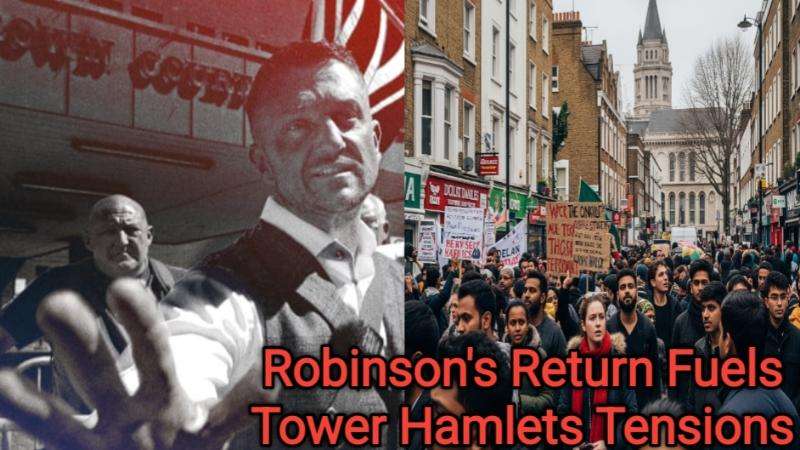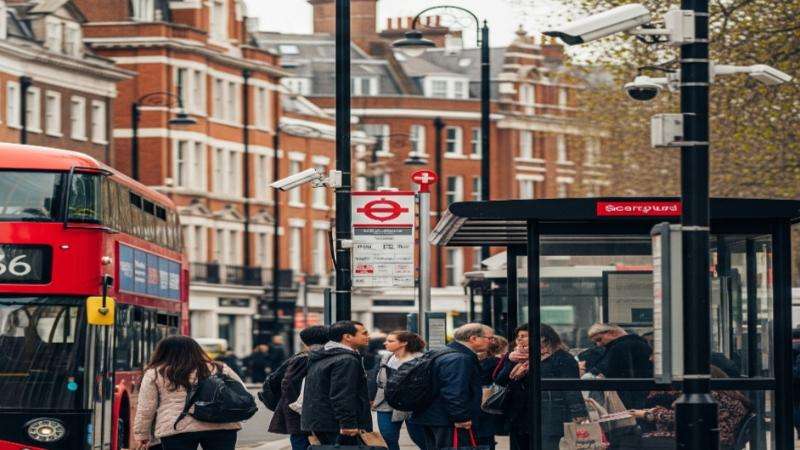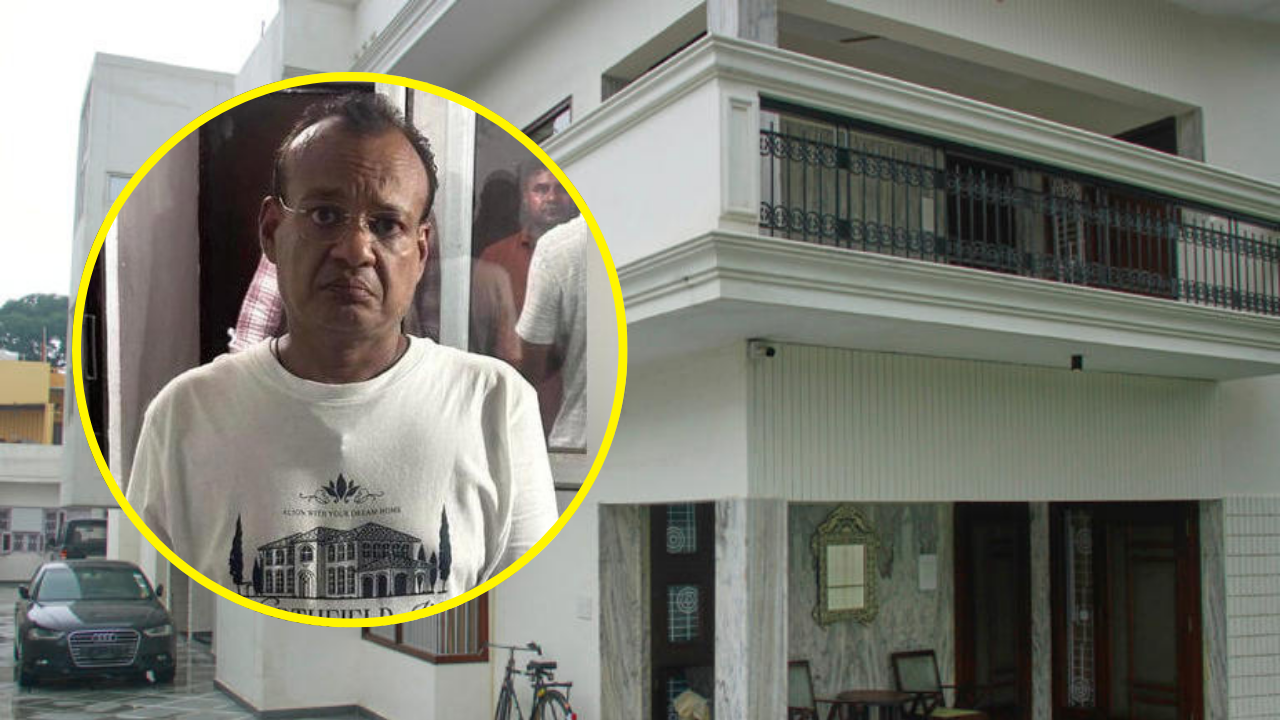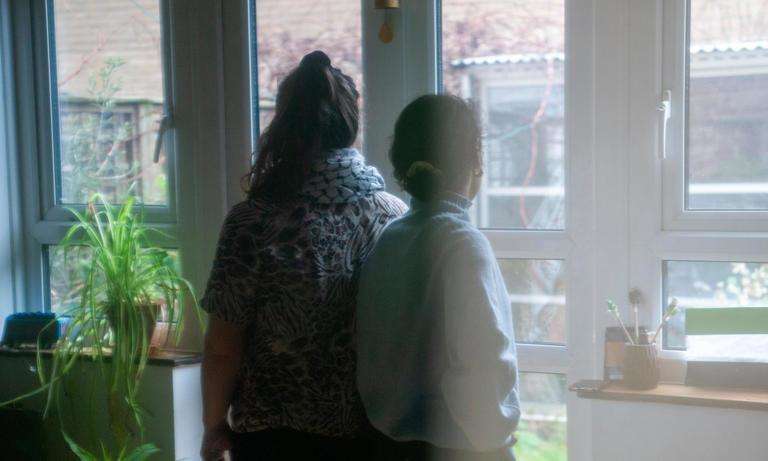Two NHS staff members were investigated and barred from their workplace after expressing interest in organizing a peaceful pro-Palestine protest during their lunch break.
A therapist and a nurse, referred to as Layla and Maya by The Guardian, were accused of endangering staff “personal safety” and “bringing the trust into disrepute” for considering the demonstration at Kensington and Chelsea’s child and adolescent mental health service.
Before being redeployed to other NHS sites in London, they were informed they were under investigation and barred from entering their workplace. However, a three-month inquiry found no case against them and concluded that the trust had violated its own disciplinary policy.
The investigator acknowledged that while Layla and Maya did not intend to intimidate colleagues, two staff members felt unsafe due to their discussions about the protest.
The pair filed an internal grievance against the Central and North West London NHS Foundation Trust, which upheld their complaint regarding policy breaches. Despite this, Layla and Maya are now taking the trust to an employment tribunal, claiming discrimination over their anti-Zionist beliefs. The trust has not yet received official tribunal notification.
The case raises broader questions about NHS staff’s ability to express views on foreign policy matters. Across England, NHS trusts have faced complaints over employees wearing pro-Palestine badges and other symbols, prompting internal reviews.
Layla and Maya initially created a WhatsApp group, “Free Palestine,” to gauge interest in a walkout or vigil that would not disrupt patient care. Layla said they intended to seek management approval before taking any action.
“We were never planning to do anything in the clinic or put patients at risk,” she explained. “We saw NHS staff in Homerton and St George holding vigils during their lunch breaks and wanted to explore similar discussions at work.”
A colleague became distressed after speaking with Layla about the proposed protest and later filed a complaint. Documents seen by The Guardian confirm that the complainant questioned why the walkout was necessary at work. Layla clarified that it was “anti-Israel government, in support of Palestine, and not anti-Jewish.” The complainant, however, expressed concerns that such a protest could distress Jewish and Israeli patients and families visiting the clinic.
Although the protest never took place, management later warned staff via email that participating in demonstrations during work hours could violate trust policy.
Days later, Maya was called into a separate room at the start of her shift, informed of the investigation, and told to collect her belongings and leave immediately. Layla faced the same treatment the next day. Both were banned from entering their workplace and temporarily reassigned elsewhere.
Maya took three weeks of sick leave due to stress, while Layla’s health deteriorated, causing rapid weight loss.
Despite this, both worked hard to maintain patient care. “We support some of the most vulnerable children, many of whom are suicidal. Suddenly removing their trusted therapist is incredibly disruptive,” Layla said.
During their redeployment, they learned that management had questioned colleagues about whether they were “safe” to work with Jewish patients. They were also directly asked this during the investigation.
Layla resigned before the inquiry concluded, while Maya was reinstated after being cleared. Layla was prohibited from returning to the building to say farewell or collect her belongings, forcing her supervisor to hand them over outside. “They treated me like a criminal,” she said.
Maya was later told to remove a Palestine badge from her coat as it was considered political, despite seeing colleagues wear poppies, Ukraine symbols, and Labour Party badges.
A 2023 tribunal ruled that anti-Zionist views, including the belief that Israel’s actions amount to apartheid and ethnic cleansing, are protected under the UK Equality Act. A 2024 case further established that Prof. David Miller was unfairly dismissed by the University of Bristol for expressing similar beliefs.
A spokesperson for the Central and North West London NHS Foundation Trust stated: “The complexities of the Middle East conflict, and other global events, have affected our staff, patients, and communities in different ways. We strongly support legal protest but also believe in ensuring the NHS remains a safe and respectful space where staff can focus on patient care.”


_4.jpg)





.svg)



_5.jpg)